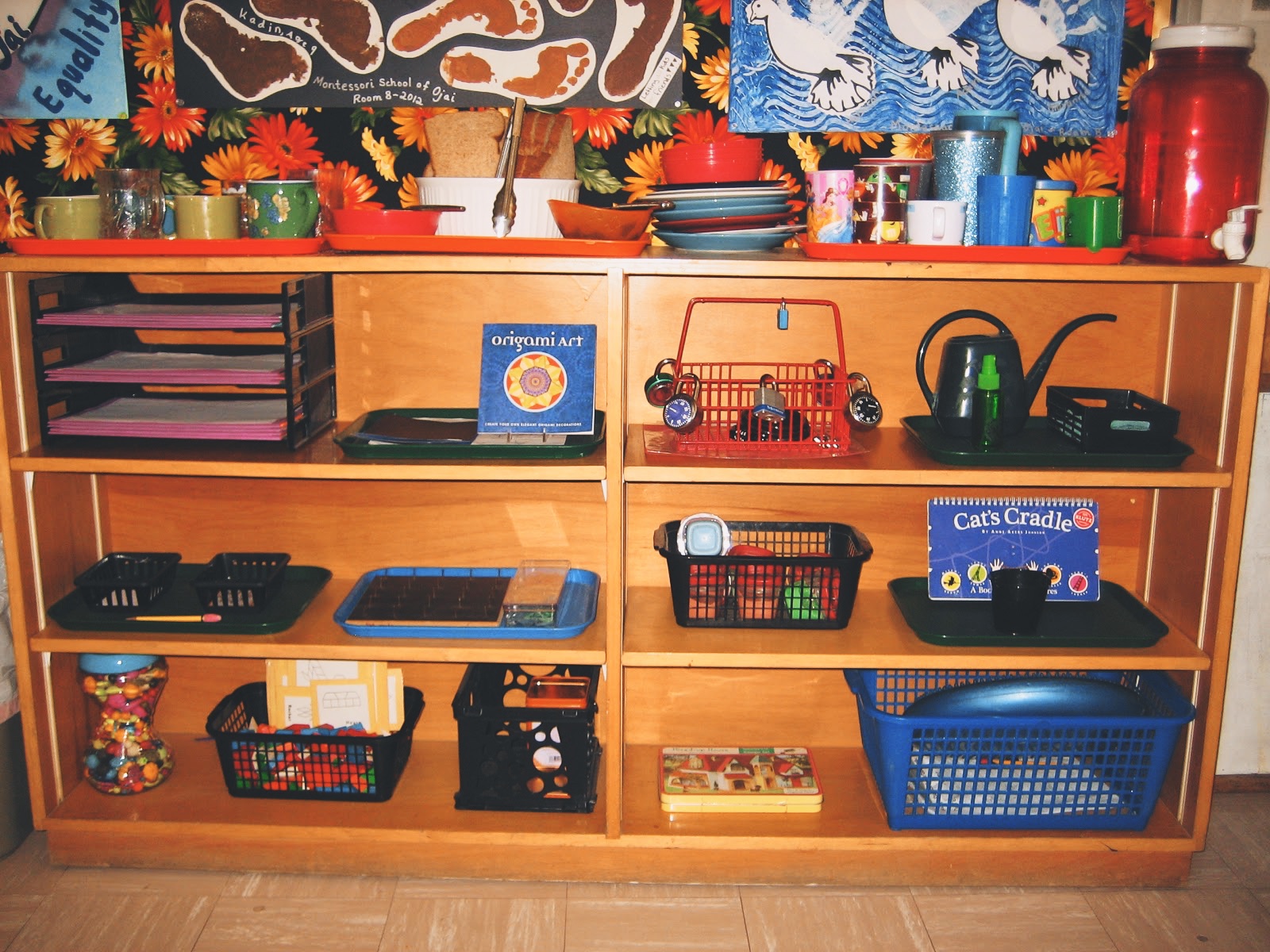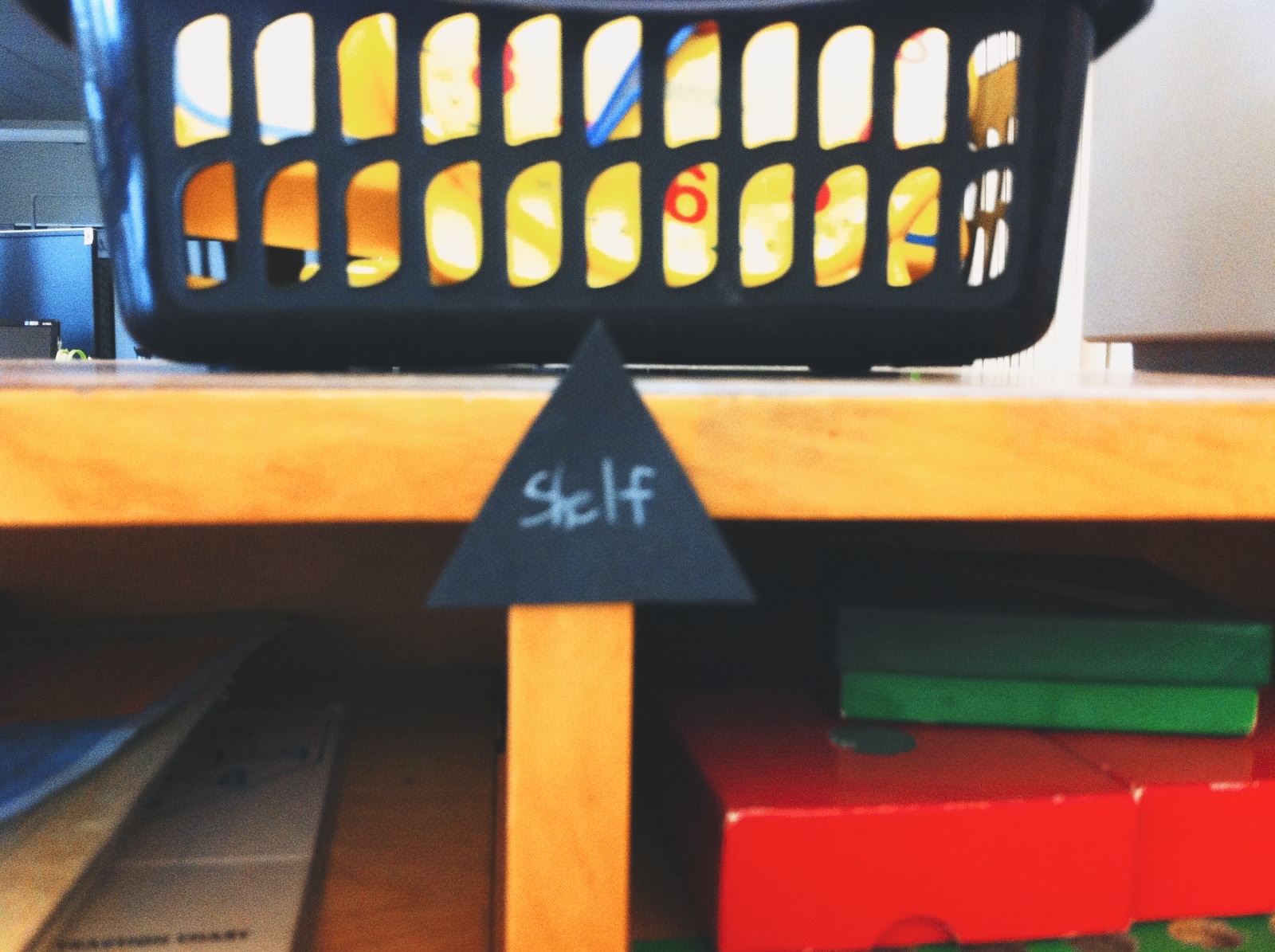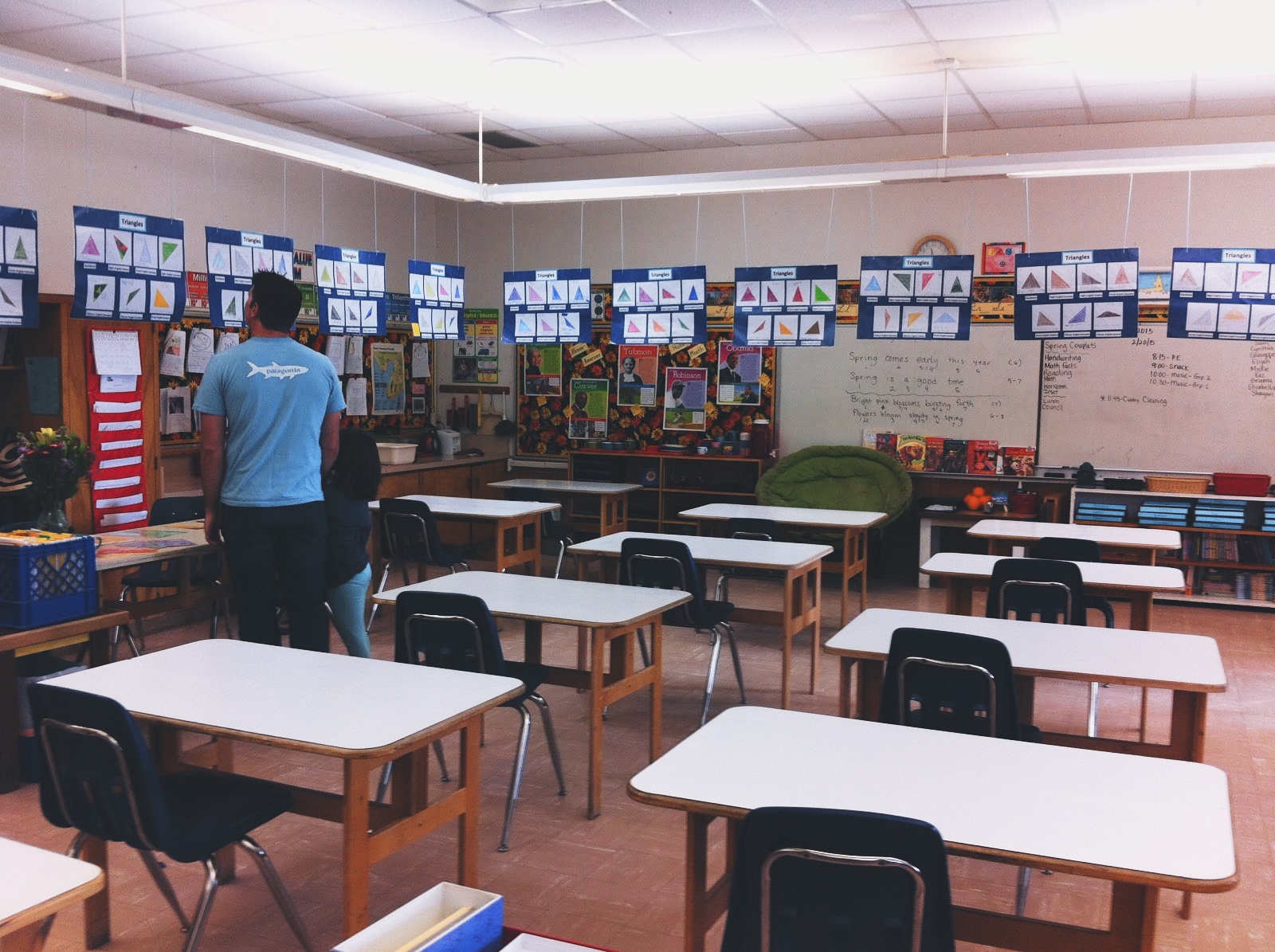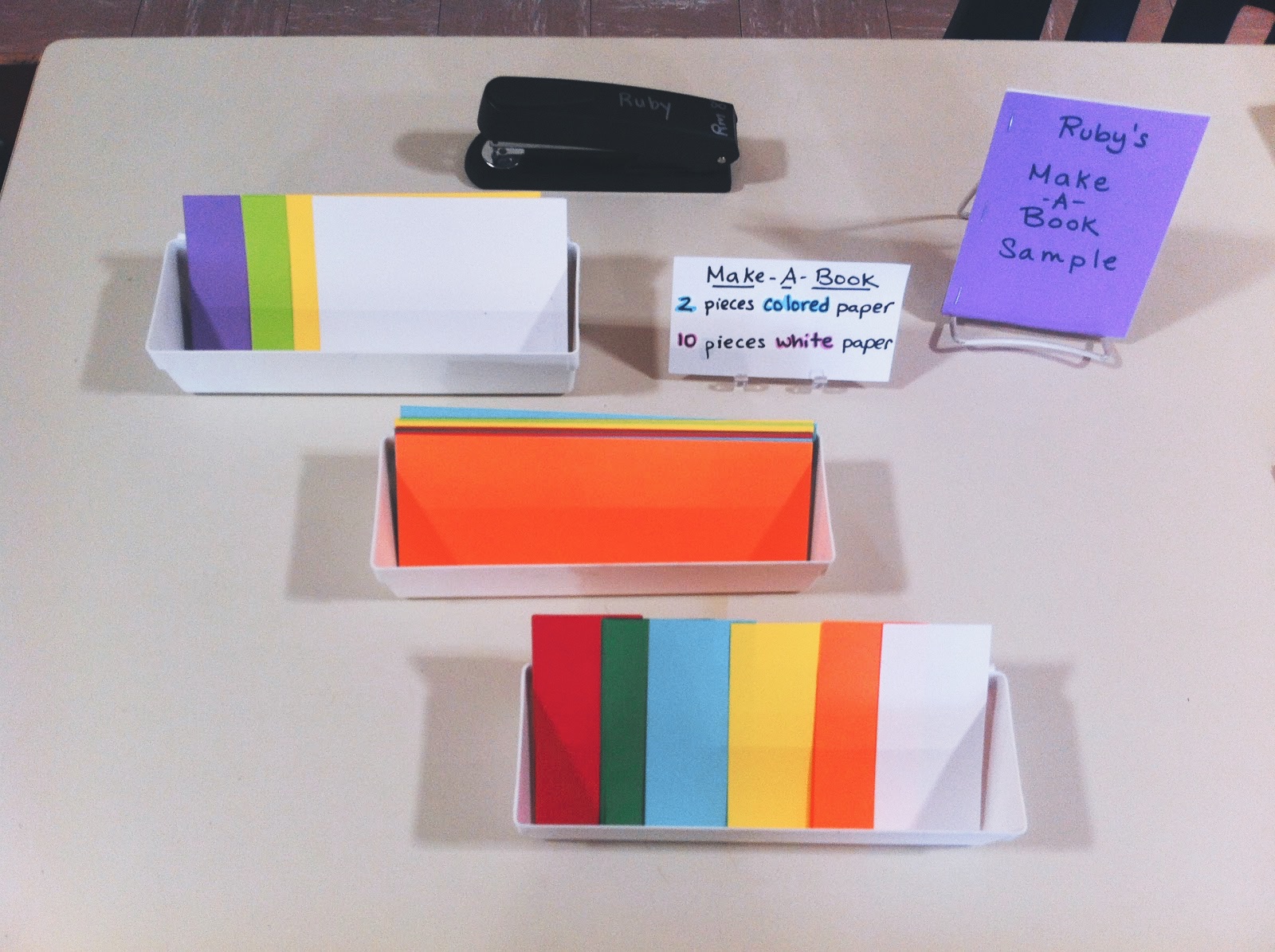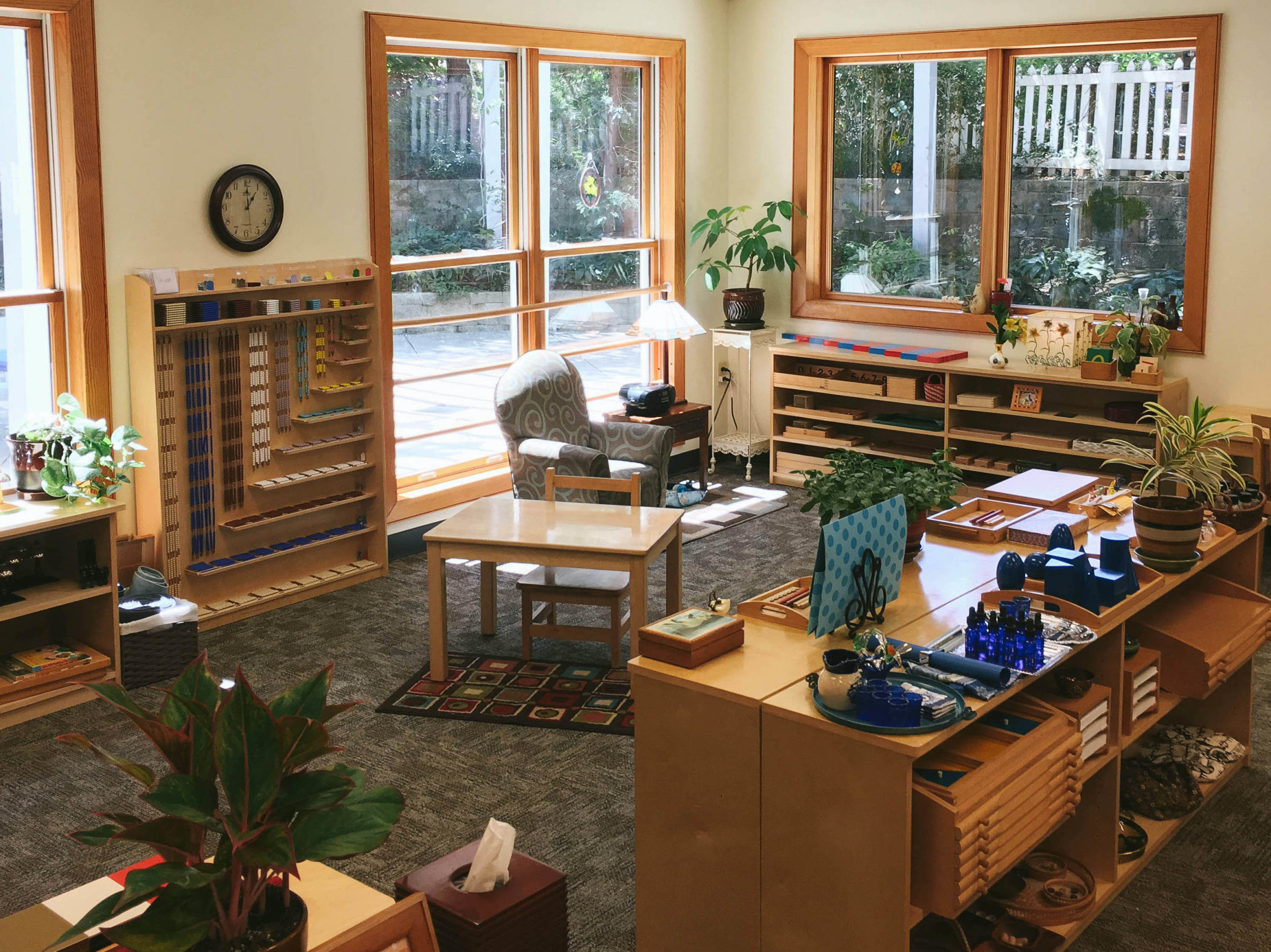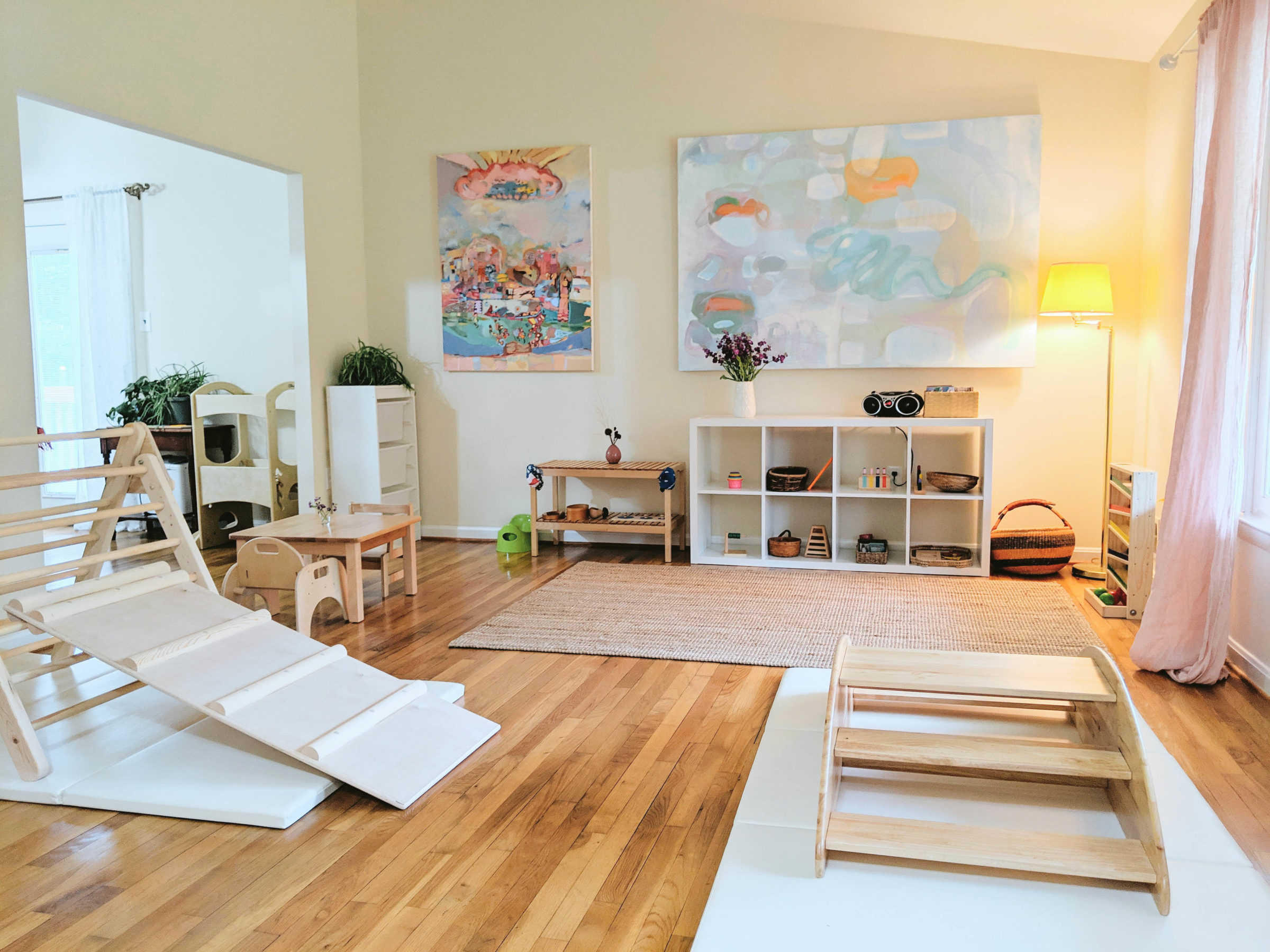Spotlight The Absorbent Teacher
Spotlights
Ruby Cossairt is an Upper Elementary Montessori Teacher from Ojai, California. She works with 9-12 year olds during the day, and by night she blogs at The Absorbent Teacher. She shares reflections and ideas from the classroom, links and resources from the web, insights into Montessori materials and ideas, and snippets from life working with children. We liked her perspective, and we hope you will, too.
Q: Can you tell us a little bit about yourself? Your background, your interests, your dreams?
My name is Ruby Cossairt. I am an Upper Elementary Montessori Teacher at the Montessori School of Ojai in Southern California. I also write a teaching blog called The Absorbent Teacher, which allows me to spend a lot of time doing something I’ve been particularly passionate about since I was a child–write! Since I was very young, I’ve gotten enjoyment from putting words on the page and I’m very fortunate that I can do so as a professional adult.
Q: Now that the hardest question is out of the way: What’s your favorite color?
You’d think this would be an easy question, but actually, my favorite color varies according to my mood. Most of the time, though, it’s that flame-y orange-red associated with Gerbera daisies.
Q: Do you have a favorite book? How about a film?
I have lots of favorite books! Again, it depends on my mood. It also depends on what kind of book we’re talking about. Children’s book? Mystery? I don’t even know if I could choose a best all-around title. I can tell you that I’ve been thinking a lot lately about a childhood favorite called A Time to Keep by Tasha Tudor. The illustrations enchanted me when I was little and drew me into the past and yet there’s something timeless about them.
Q: When you close your eyes late at night, and imagine waking up and starting a new adventure: what is that adventure?
I love to travel, so most of my imaginings center on being able to visit parts of the world that I’ve always wanted to see but haven’t yet visited. (And, okay, sometimes I imagine revisiting old favorites.) I think of traveling as part of my continuing education as a teacher, too. I’d rather not teach my students about a world I’ve never experienced.
Q: What was your first introduction to Montessori?
I was a Montessori student before I was a Montessori teacher. I actually attended the school where I now teach until the sixth grade. My mother is also a Montessori teacher. You could say it runs in the family.
Q: What first appealed to you about teaching Montessori?
What first appealed to me–and still does–is the Montessori philosophy of meeting each student according to his or her needs. No two people–child or adult–learn the same way or at the same pace, so why should they all be taught the same way at the same time?
Q: What advice do you have for new Montessori adults?
For teachers? Find a community because talking to other Montessorians is invaluable. Attend a conference (if you can). Sign up for Pinterest (if you haven’t already). For parents? Check this out!
Q: Did you have a “Montessori Moment?”
Is this supposed to be when I thought Montessori was the best thing since sliced bread? If so, then I think it was when I was assisting the in our 2-3 room, which mostly feels like taking the students to and from the bathroom. All. Day. Long. I was waiting for one particular student to wash his hands when he told me he needed help. I was flabbergasted. Needed help? I’d taken this very same child to the bathroom day after day after day ad nauseam and watched him wash his hands by himself each time. I’m ashamed to say we argued about it a little. (I can’t!/Yes, you can!/No, I can’t!)
“…allow your child independence. I don’t mean that you should let them stay out late, but that you should consider making your home so that you feel comfortable allowing them to move freely within it.”
As luck would have it, Development of the Will was the topic in Teacher Training that week. It was like a lightbulb went off in my head. The previously inexplicable behavior now made perfect sense and I knew Dr. Montessori was wise indeed.
Q: What’s your favorite Montessori quote?
“The human hand allows the minds to reveal itself.”
Q: What inspired you to share your Montessori story on your blog?
It was actually the result of many conversations my staff had about how to communicate to parents about the Montessori philosophy. It’s not always clear what it means to others when we call ourselves a “Montessori” school. We thought a blog might help us explore the idea a bit.
Q: What advice do you have for new parents trying to incorporate Montessori at home?
One of the most important things–and something I hear often from parents when I talk to them about my Practical Life curriculum–is to allow your child independence. I don’t mean that you should let them stay out late, but that you should consider making your home so that you feel comfortable allowing them to move freely within it. I work with elementary students, so one example that comes to mind is food. Keep the food that you want them to eat accessible to them so they can a) get it themselves, b) clean up after themselves and c) add it to your shopping list when it needs to be replenished. And, of course, discussing expectations and routines in advance tends to help these things go more smoothly.
Q: What do you think is the best introduction to Montessori?
I love Trevor Eissler’s quick draw video “Montessori Madness”
Q: What continues to inspire you about Montessori?
In part, the way that so much of Dr. Montessori’s educational philosophy holds as true 100 years ago as it does today, despite the changes in culture, history and technology. More than that, though, I think what inspires me the most about Montessori is the way that it teaches its students to be part of community–classroom community, school-wide community and, ultimately, world-wide community. That message of interconnectedness can change the world.
Q: In what ways do you envision the future of education?
If you are at all aware, you probably know that technology in Montessori classrooms is already a hot button issue. Opinions differ as to whether Montessorium apps are “good” or “bad” and I’ve heard of schools that don’t allow their students access to computers until Middle School.
“That message of interconnectedness can change the world.”
I personally believe that technology is only going to become more prevalent in the future. With that in mind, I include computer skills in my curriculum. Word processing, typing, and basic research on the internet, in my opinion, need to be taught. That being said, I’m careful to limit their screen time and I make certain that each time they use the iPad or a computer, it’s for a specific purpose.
Q: Where do you see Montessori in the next 100 years?
This is an interesting question. Montessori has been remarkably good at preserving the central core of its philosophy for over a hundred years. I hope that continues, certainly. Erdkinder has been getting a lot of attention in the last couple of years, which is wonderful to see. Since it’s my area, it would be great for Upper Elementary to get a little love, too.
Written by:
Baan Dek

